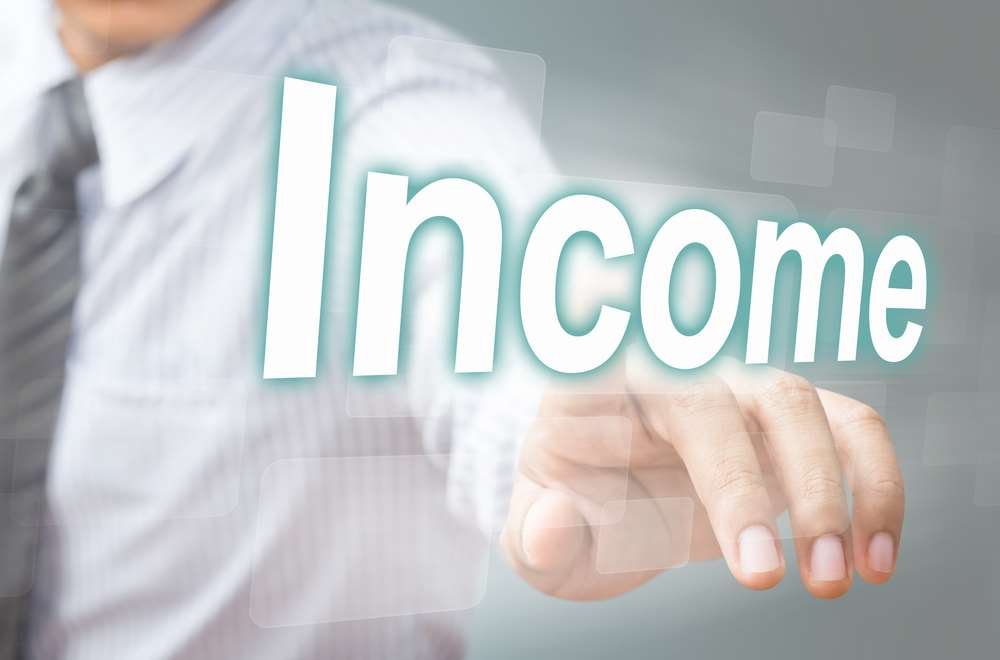What is qualified business income?
Published by Gbaf News
Posted on August 29, 2018
4 min readLast updated: January 21, 2026

Published by Gbaf News
Posted on August 29, 2018
4 min readLast updated: January 21, 2026

The qualified business income (QBI) is a tax deduction that is available for entrepreneurs. This tax deduction has been offered under the Tax Cuts and Job Act of 2017. This deduction is meant for owners of businesses who are allowed 20% of their qualified business income as a deduction while computing taxes. Since the provision is available in Section 199A of the act, it is also referred to as Section 199A deduction.
This deduction is allowed for the tax years from 2008 to 2025. It is an additional deduction meant to benefit business owners, especially small businesses. It can be claimed in addition to the regular business expense deductions allowed as per rules. The QBI deduction is meant for pass-through businesses, where the income from the business passes through to the entrepreneur and is reflected in his tax return.
The deduction is available for sole proprietor businesses, partners, owners of LLC and owners of S Corporations. It is not available for corporations, since they file returns as a separate entity. The deduction is available subject to income limits. This is a taxpayer-friendly provision that allows small businesses to save money on taxes. Let’s understand how this works.
Who can avail of it?
Any pass-through business whose returns are filed with that of the business owner is eligible for this deduction. To avail of this deduction, the taxable income must be below $157,500 (if filed individually) or $315,000 (if filed jointly with spouse). If taxable income is higher than this then requirements would apply.
How is it calculated?
QBI deduction is calculated as 20% of the qualified business income or 20% of the total taxable income after subtracting capital gains and dividends – whichever is lesser. Let’s look at an example to understand how this works.
A earns $40,000 as income from business. His total taxable income is $100,000. He also has capital gains of $10,000.
The qualified business income here is 40,000.
Total taxable income – capital gains here is 100,000 – 10,000 = 90,000.
The lesser of the two is 40,000 and hence 20% of 40,000, which is 8,000 will be the deduction. Since A is earning an income of less than $157,500, he is eligible for a deduction of $8,000.
What happens in the case of higher income earners?
What happens if your annual taxable income is greater than $157,500? Will you still be eligible to avail of this deduction? The answer is yes, subject to certain conditions.
If your annual income is between $157,500 and $207,500 (if returns filed individually) or between $315,000 to $415,000 (if filed jointly), then you are eligible for this deduction if your business isnot an SSTB. If it were an SSTB then the deduction would be reduced.
So, what is an SSTB? SSTB is Specified Service Trade or Business. It is a type of business that provides a service that is usually linked to the personal skills or reputation of the business owner. The following are some of the businesses that are classified as SSTB:
If your business is an SSTB, you can still get a deduction, but the amount of the deduction would be reduced using what is known as a special factor. The calculation in this case involves many other factors like:
The third category is that of those who earn an annual income greater than $207,550 (if filed individually) or above $415,000 (if filed jointly). In case you are in this category, then you are eligible for this deduction if you are not a SSTB. In case, your business is classified as an SSTB, then you cannot avail the QBI deduction.
Here again, apart from taxable income the calculation is done using W-2 wages paid and unadjusted basis of qualified property.
The calculation becomes complicated only at the higher income levels and you may need the help of an accountant to compute your taxes. For the base income level, it is pretty simple and you can do it yourself.
The qualification business income is a deduction of 20% that you can avail on the income you make from your pass-through business. It is a tax break you can avail to reduce your tax liability.
Explore more articles in the Business category











